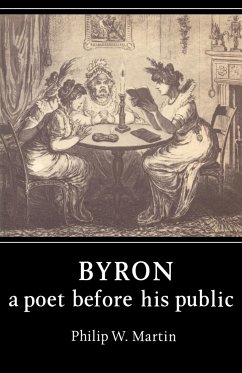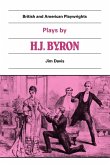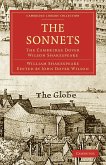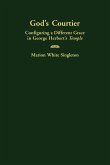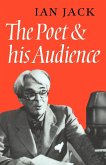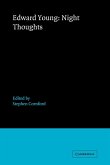This book is a major reappraisal of byron's poetry which grapples firmly with the paradox of his work - that in spite of his enormous influence, the magnetic power of his personality, and the fascination of his life, the poetry is often of inferior quality and so inconsistent in its attitudes that Byron's poetic seriousness is inevitably called into question. The focus of the book is the nature of byron's relationship with his public and its effect on his poetry; a subject which has remained largely unexplored. Dr Martin considers Byron's anomalous position as an aristocrat in a literary market governed by commercial interests and middle class tastes and reading habits. He suggests that the whole of Bryon's poetry can be seen as a performance determined by a number of factors: Byron's anxieties about his modernity, his contemporaries, and the image his readers were ready to fashion for him.
Table of contents:
List of illustrations; Preface; Acknowledgements; A note on the text; Abbreviations; Introduction; 1. Experiment in Childe Harold I & II; 2. The discovery of an audience: the Turkish tales; 3. Shelley and the new school of poetry: Childe Harold III and The Prisoner of Chillon; 4. Tourist rhetoric: Childe Harold IV; 5. Modernizing the Gothic drama: Manfred; 6. Heroic tableaux: the three historical tragedies; 7. Cain, the reviewers, and Byron's new form of old-fashioned mischief; 8. Don Juan; Notes; Bibliography; Index.
Hinweis: Dieser Artikel kann nur an eine deutsche Lieferadresse ausgeliefert werden.
Table of contents:
List of illustrations; Preface; Acknowledgements; A note on the text; Abbreviations; Introduction; 1. Experiment in Childe Harold I & II; 2. The discovery of an audience: the Turkish tales; 3. Shelley and the new school of poetry: Childe Harold III and The Prisoner of Chillon; 4. Tourist rhetoric: Childe Harold IV; 5. Modernizing the Gothic drama: Manfred; 6. Heroic tableaux: the three historical tragedies; 7. Cain, the reviewers, and Byron's new form of old-fashioned mischief; 8. Don Juan; Notes; Bibliography; Index.
Hinweis: Dieser Artikel kann nur an eine deutsche Lieferadresse ausgeliefert werden.

